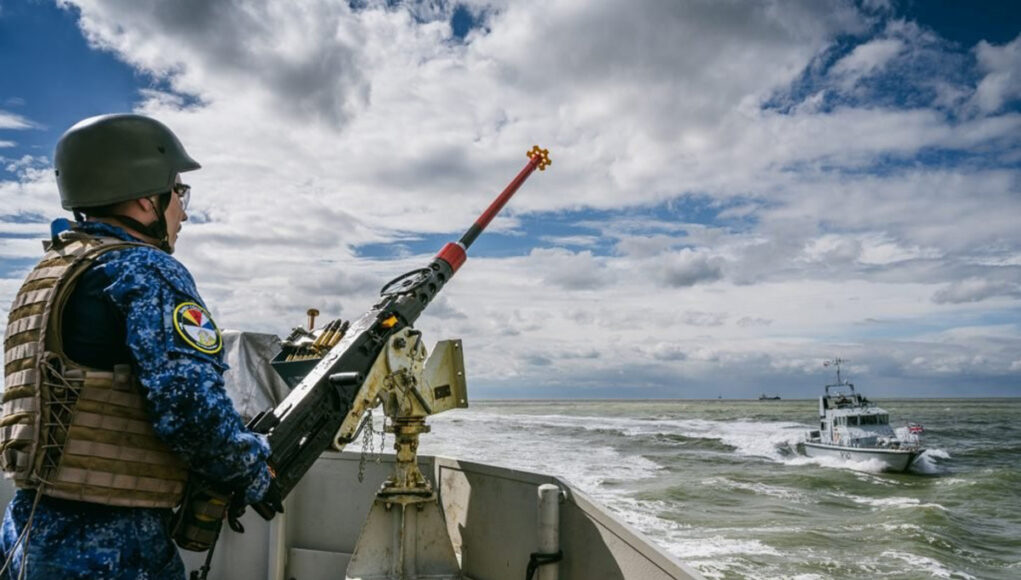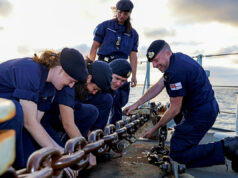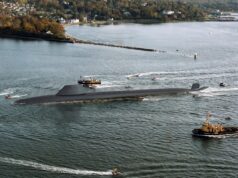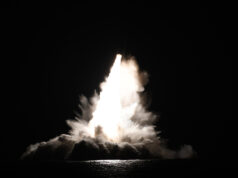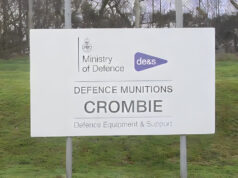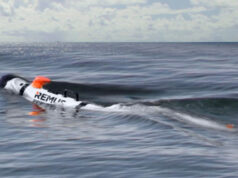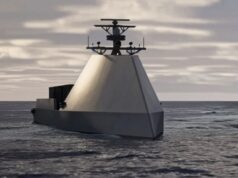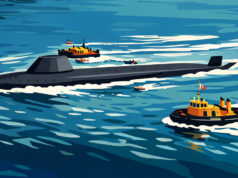Two of the Royal Navy’s smallest warships, HMS Blazer and HMS Exploit, have recently completed a disruptive role in a North Sea minehunting exercise, posing as “bad guys” to challenge NATO forces in their operations.
According to a Royal Navy news update, the fast patrol boats, part of the Portsmouth-based Coastal Forces Squadron, were tasked with simulating aggressive attacks, attempting to unsettle NATO minehunters and dive teams working to locate and neutralise underwater explosive devices.
HMS Blazer and HMS Exploit, typically employed for training purposes with university students, have more recently been used operationally. Their roles include supporting Royal Navy and Royal Marine operations in the Arctic, Scandinavia, and the Baltic, developing tactics to deal with fast attack craft and acting as launch platforms for aerial and underwater drones.
During this exercise, known as Sandy Coast, minehunters from Belgium, the Netherlands, France, and Estonia worked together in the busy waters off Zeebrugge, Belgium, focusing on neutralising mines and protecting seabed infrastructure. Despite the Royal Navy patrol boats’ efforts to disrupt their operations, the international force successfully neutralised 11 explosive devices over the course of the 12-day exercise.
“This was the first time the Royal Navy has been involved in Sandy Coast – but not the last,” said HMS Exploit’s Commanding Officer, Lieutenant Cameron Osborn in the release.
“Future Sandy Coasts will act as a springboard for the development of the Coastal Forces Squadron and Mine Threat Exploitation Group’s liaison whilst working with our NATO partners.”
As well as causing simulated havoc, the Royal Navy vessels played a secondary role as transport for senior military leaders who came to observe the exercise. HMS Blazer also embarked mine warfare experts from the Royal Navy’s Mine Threat and Exploitation Group to explore how small patrol boats can support minehunting operations.
Lieutenant Aaron Paul, Blazer’s Commanding Officer, highlighted the importance of these exercises for the development of the Future Coastal Forces Concept, saying, “By working alongside minehunting teams, we can build our own squadron knowledge as well as identify further opportunities for P2000s to be used as both training and operational assets.”


